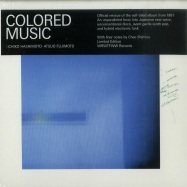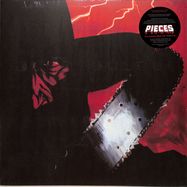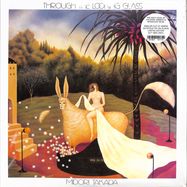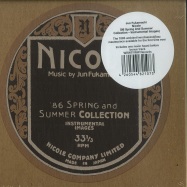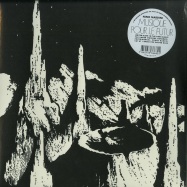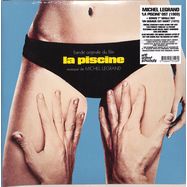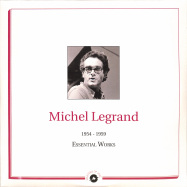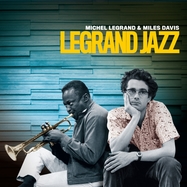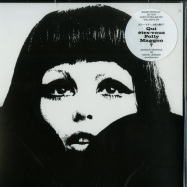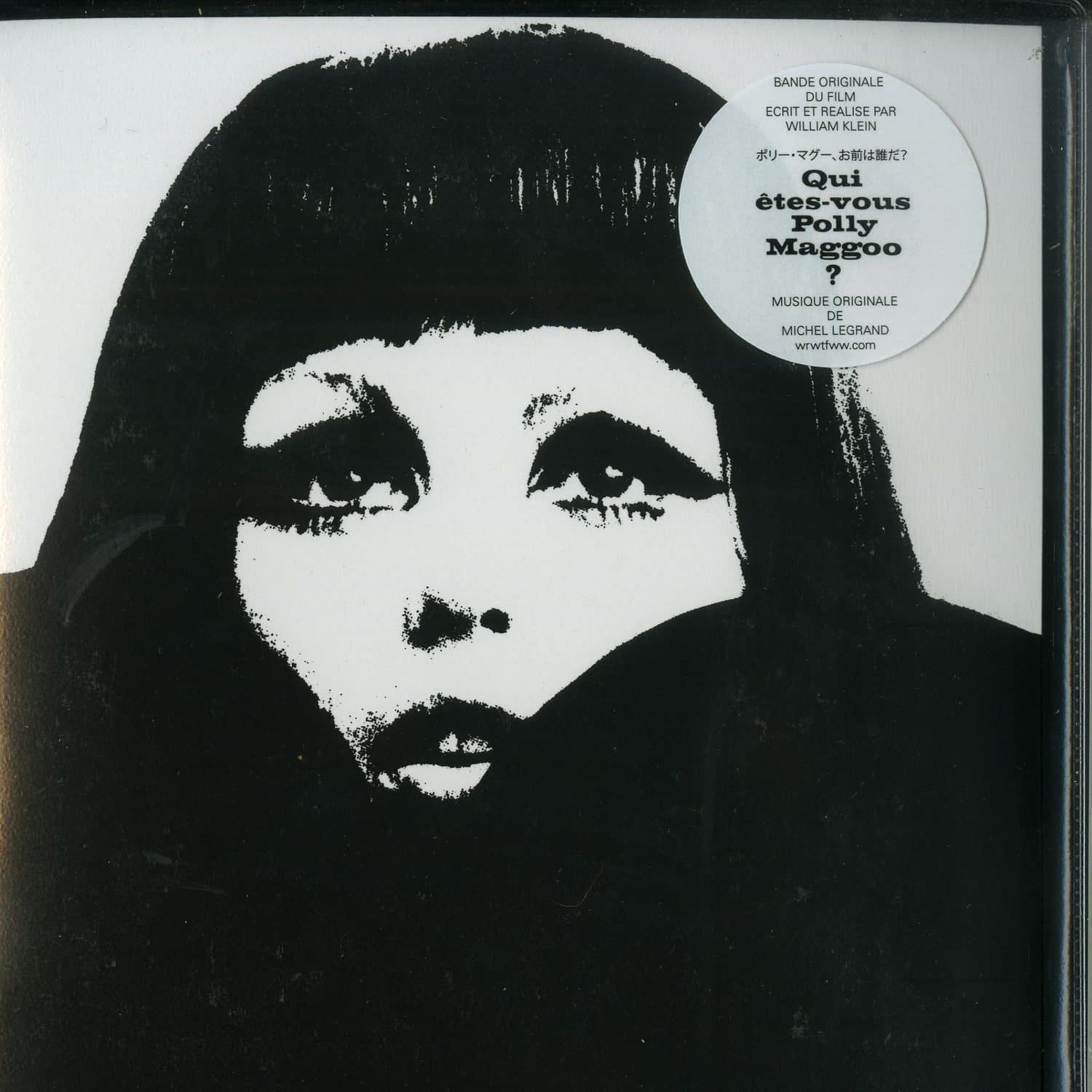
e-mail reminder
If this item in stock, then you will get an infomation E-Mail!Ultralimited (100 Copies) 7 inch Of This Cult Classic - With Handfolded Original Cover Art - Beautifully Made And Manually Crafted. Vinyl Is The Same As With Unlimited Regular Version. Including 2 Important Previously Vinyl Unreleased Bonus Track.
Born in 1932 in Paris, Michel Legrands career spans over 60 years and has seen him involved in over 200 releases including numerous soundtracks. He has won 3 Oscars and 5 Grammy Awards for his work.
Legrand started as a jazz composer in the 50s and gained international attention with the release of I Love Paris (8 million copies sold). Some of his compositions such as Once Upon A Summer Time and You Must Believe in Spring have since become jazz standards.
At the turn of the 60s, he fully immersed himself in the world of soundtracks, beginning as a part of la Nouvelle Vague and composing music for Agnès Varda (Cléo de 5 à 7), Jean-Luc Godard (Une Femme est une Femme, Vivre sa Vie, Bande à Part) and Jacques Delmy (Lola, Les Parapluies de Cherbourg, Les Demoiselles de Rochefort, Peau dÂne) with whom he created French style musicals. His career took him to America in the mid 60s where his friendship with Quincy Jones and Henry Mancini helped him become an icon in the soundtrack business.
Michel Legrand is behind the music of The Thomas Crown Affair, Summer of 42, Yentl, Never Say Never Again (Sean Connerys last James Bond) among hundreds of other soundtracks and has recorded with Frank Sinatra, Elle Fitzgerald, Charles Aznavour, James Ingram, Barbara Streisand, Sarah Vaughan to name a few.
A true time capsule of the effulgence of the 60s, Qui Êtes-Vous Polly Maggoo? is an art house movie spoofing the fashion world and its excesses starring Dorothy McGowan (a former model discovered by an agency in a crowd of Beatles fans at Kennedy Airport, who has appeared in Vogue, Elle, Glamour and more) in the title role of Polly Magoo, a Brooklyn-born model followed by a French TV crew as she takes her career to Paris. The movie developed cult status thanks to its gyrating scenario satirizing politics, fashion, the media and more aspects of the mid-60s French society, and its detours into fantasy sequences and animated segments (which could have well inspired the animated interludes of the original Monthy Python series). In William Kleins movie, fashion often takes a religious connotation, which is well underlined by Michel Legrands superb soundtrack.


